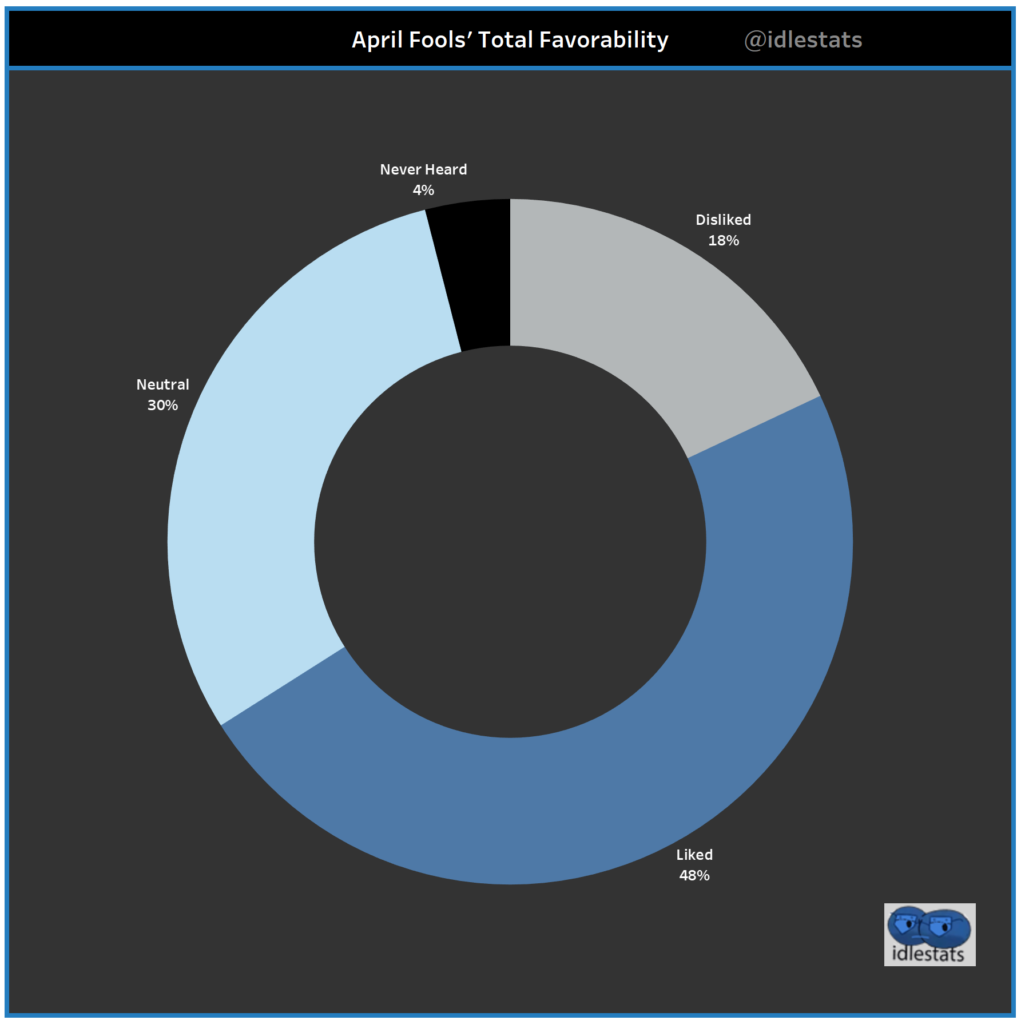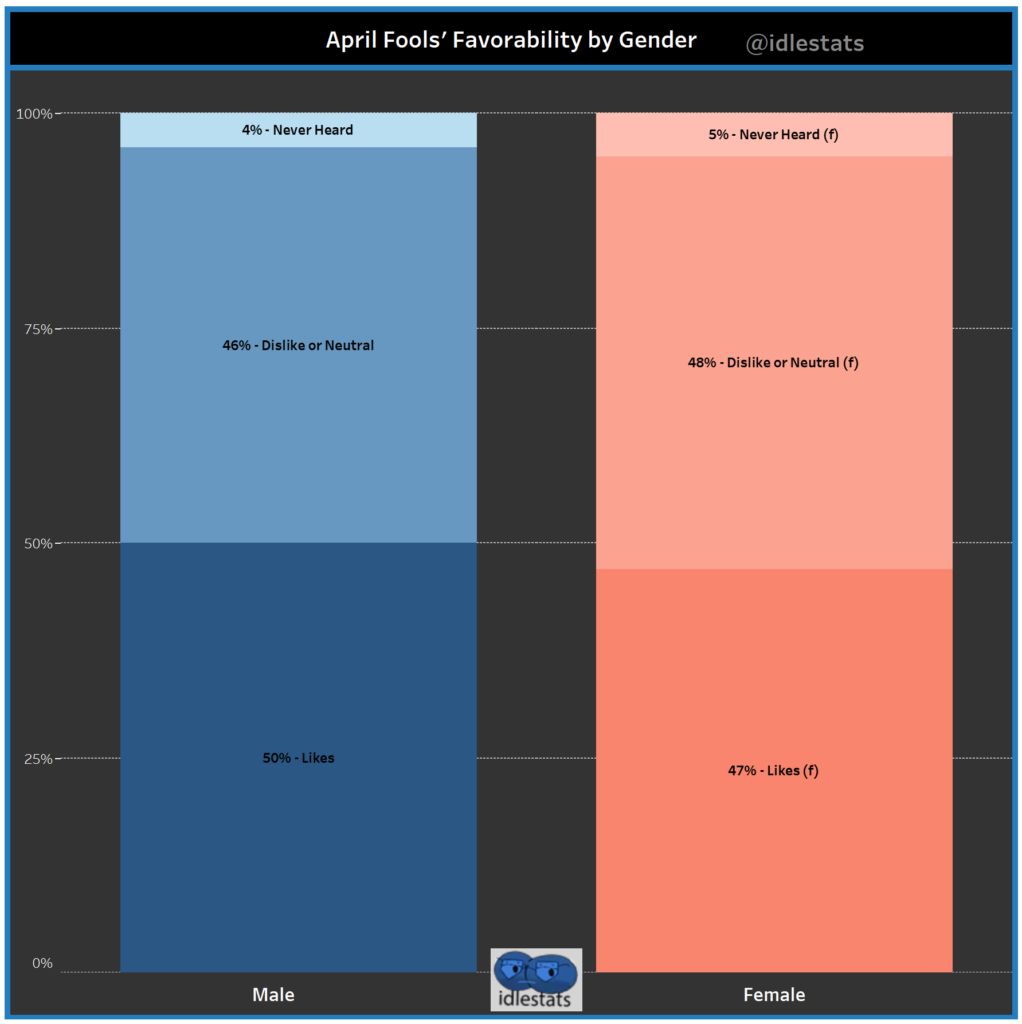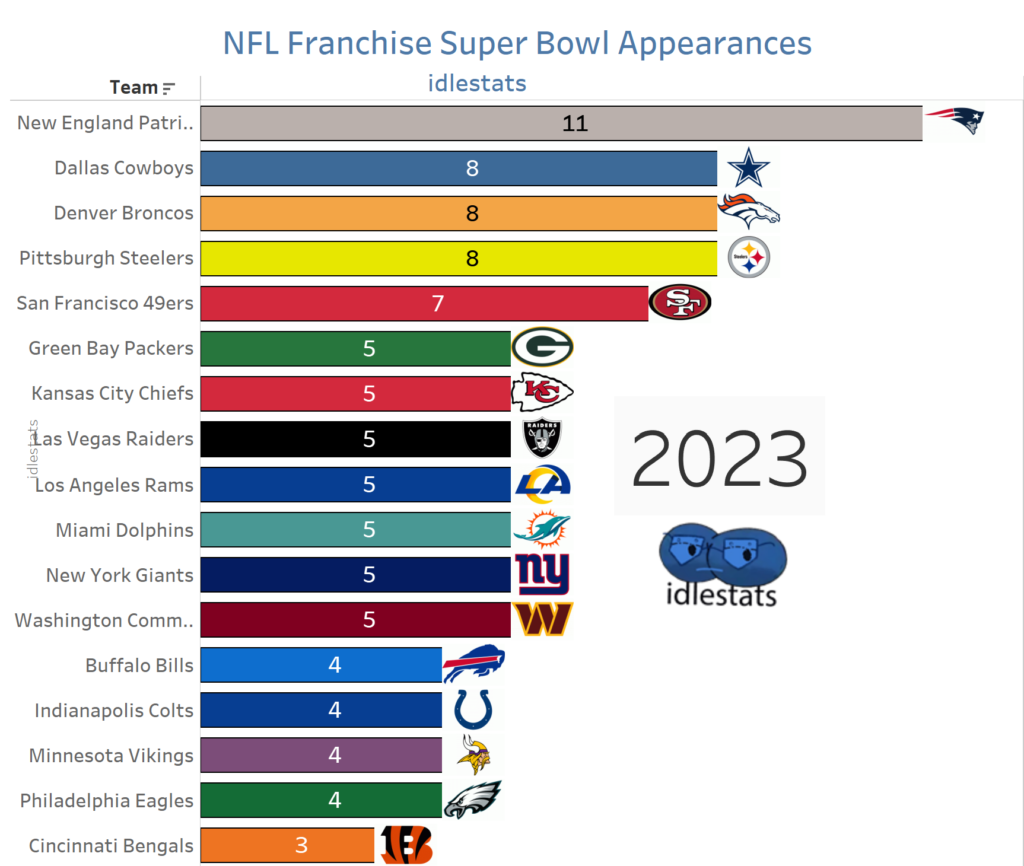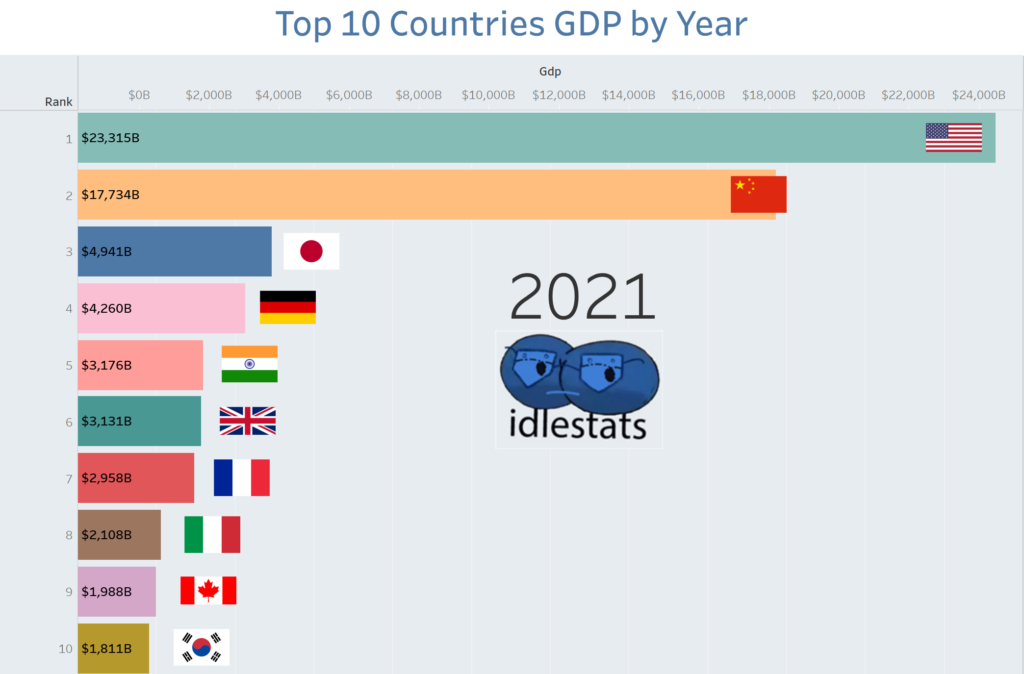April Fool’s Day
While the exact customs and traditions associated with April Fools’ Day can vary widely depending on country, there are some common themes across different cultures. In France, April Fools’ Day is known as “Poisson d’Avril,” which means “April fish.” It’s tradition to attach a paper fish to someone’s back without them noticing. In Scotland, April Fools’ Day is celebrated for two days, with the second day known as “Taily Day.” It’s tradition to attach a “kick me” sign to someone’s back and give them a playful kick.
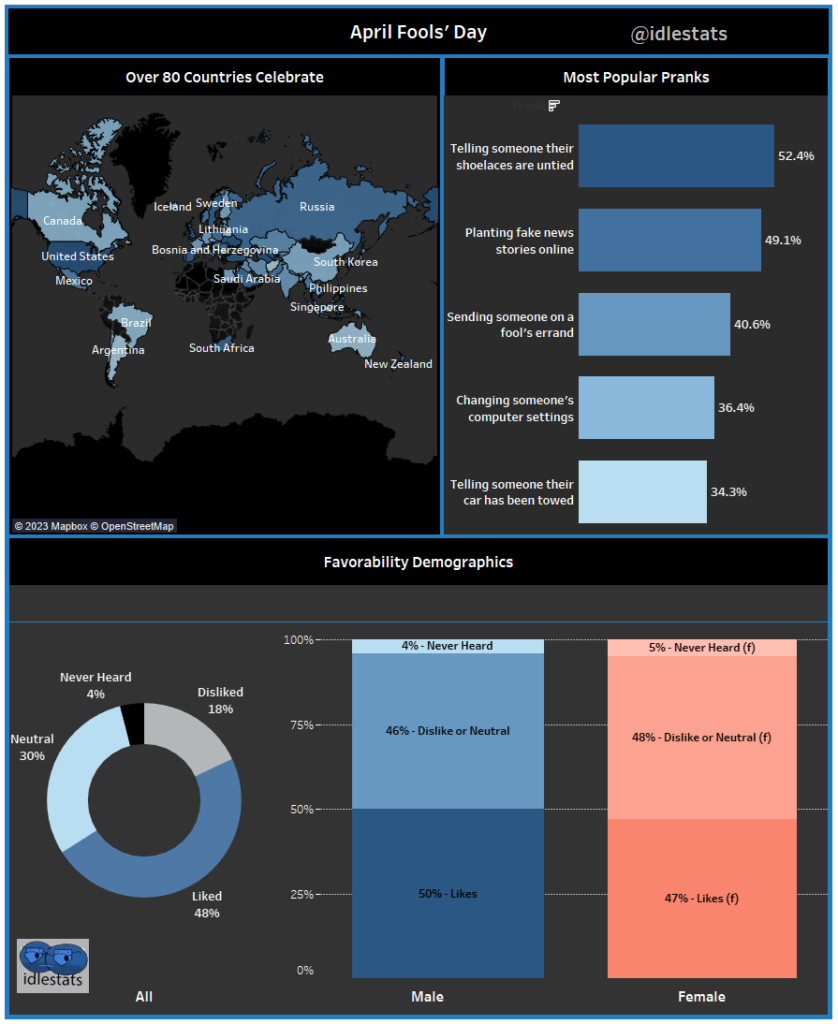
April Fools’ Day, aka All Fools’ Day, is a holiday celebrated on April 1st every year around the world. The origins of the holiday are unclear, but it is believed to date back to ancient Rome, where people would celebrate a festival known as Hilaria on March 25th.
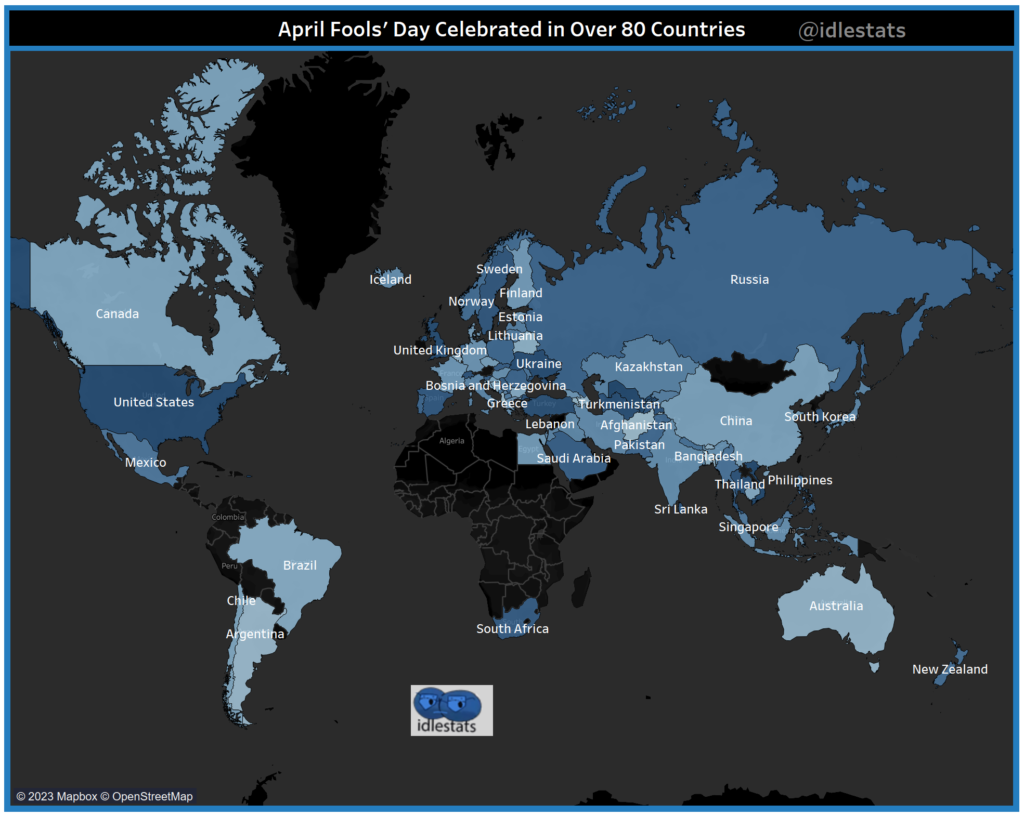
According to a survey conducted by the National Retail Federation in 2021, 24% of Americans plan to play an April Fools’ Day prank on someone. This indicates that the holiday remains popular and relevant even in today’s fast-paced, technology-driven world.
Another common theme on April Fools’ Day is the participation of companies and organizations. Many businesses take advantage of the holiday to launch marketing campaigns or product releases that are designed to be tongue-in-cheek and humorous. In 1996, Taco Bell took out a full-page ad in several major newspapers, announcing that it had purchased the Liberty Bell and was renaming it the “Taco Liberty Bell.”
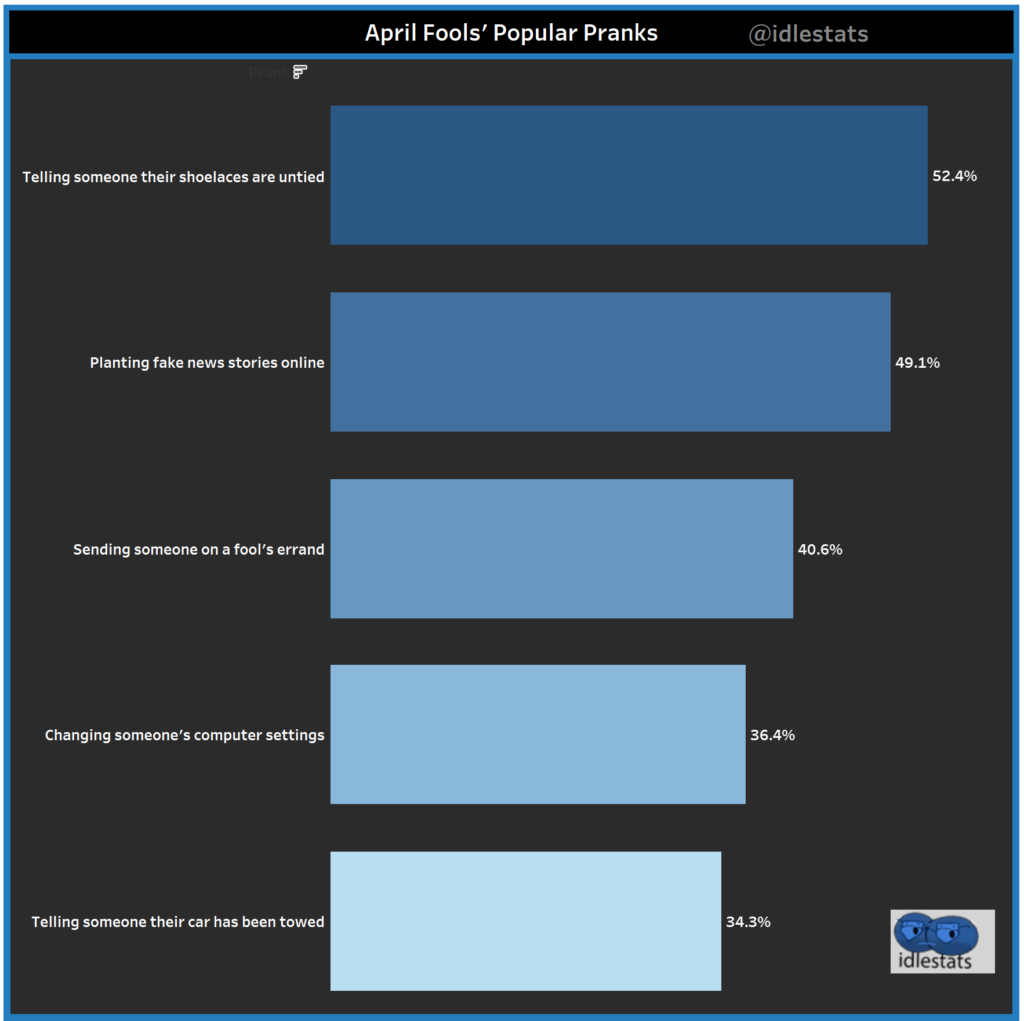
In a survey conducted by the advertising agency 360i, 72% of respondents said that they enjoy seeing brands participate in pranks. This suggests that consumers appreciate companies that can poke fun at themselves and show a sense of humor.
While All Fools’ Day is generally a lighthearted and fun holiday, there are some potential downsides to the tradition of playing pranks. A 2021 survey from YouGov found that 47% of respondents found April Fool’s Day to be “annoying” and 59% disliked having pranks played on them. In the United States, April Fools’ Day is estimated to cost $1.2 billion annually in pranks.
Despite these potential issues, All Fools’ Day remains a popular and widely celebrated holiday around the world. According to a survey conducted by the tech company Nulab in 2021, 64% of respondents said that they preferred harmless pranks on April Fools’ Day, while only 7% said that they enjoyed mean-spirited pranks.
In conclusion, April Fools’ Day is a holiday that has endured for centuries and remains a beloved tradition in many parts of the world. Whether you’re a fan of practical jokes and hoaxes or simply enjoy the opportunity to let loose, there’s something for everyone on this fun and festive day.
